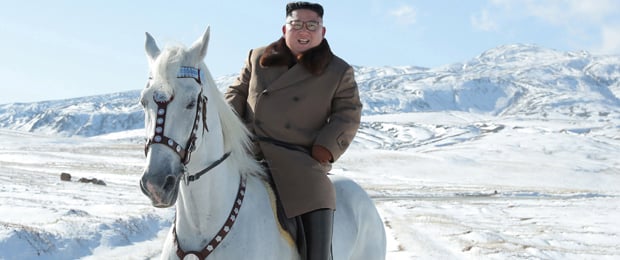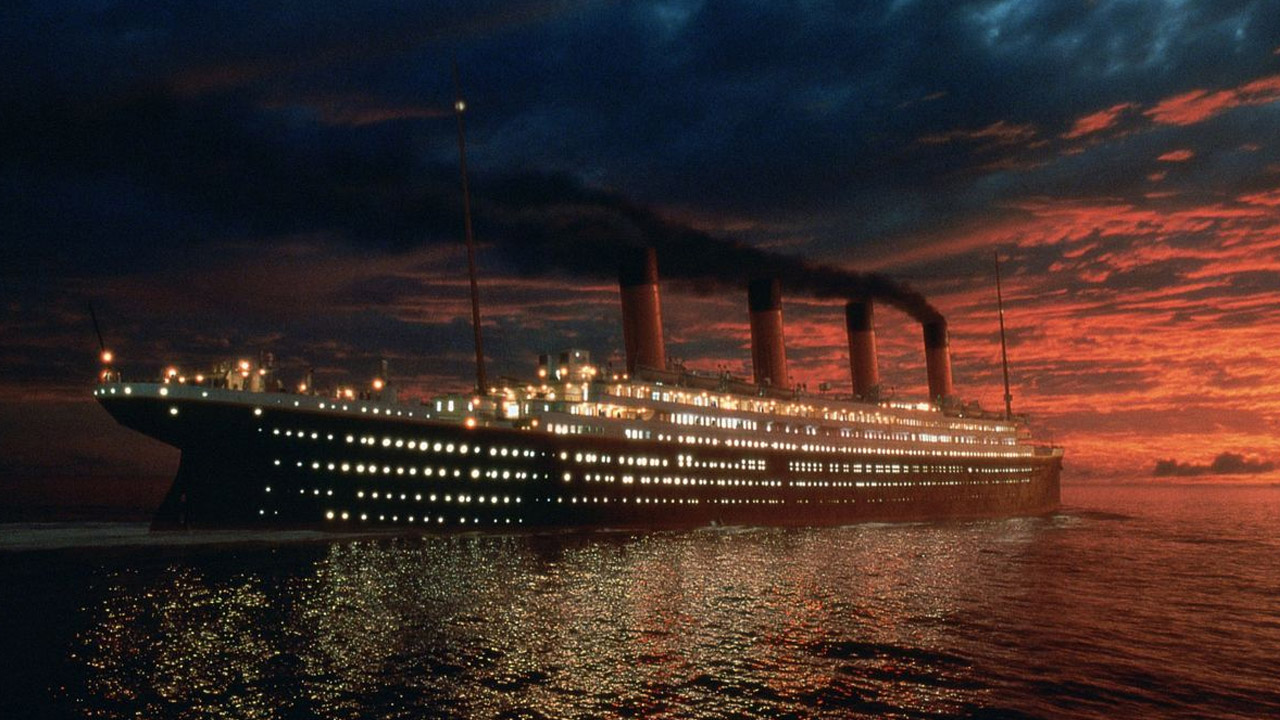Fleeing North Korea in 2007 at the age of 13, Park Yeon-Mi told the Guardian in 2014 how the clandestine viewing of films, in particular “Titanic”, was a rare and salutary window on the world. . A chilling tale.
Can a movie save your life? While some are still considering the matter, Park Yeon Mi has already decided a long time ago: yes, a thousand times yes. Fleeing her country, North Korea, in 2007, when she was 13, she confided in the newspaper The Guardian in 2014 about his life in the hell of the implacable and paranoid dictatorship orchestrated by the Kim dynasty. Terrifying testimony.
Clandestinely nourished with foreign films, like a rare and salutary window on the world, one film, in particular, was decisive in leading her to flee to her country: Titanic by James Cameron.
The death penalty for an American film
The beginning of his story is chilling. Barely 9 years old, she was forced with her whole school to attend the execution of the mother of one of her classmates. The crowd gathered in a stadium to watch this killing. The reason ? The victim had had the misfortune to lend a South Korean film to a friend… Denounced, she was shot.
Within the most closed country on the planet, in which the doctrine of juice, that is to say economic autarky- is even enshrined in the constitution and largely supported by intensive propaganda, the black or parallel market has developed considerably. In a country that lacks almost everything, this black market is even of vital importance.
ITAR TASS / BESTIMAGE Kim Jong Un attending a parade in Vladivostok.
The country is thus flooded with legal or illegal products from China, such as DVD players. The pirate copies of films which are exchanged under the coat take part in this flourishing underground economy. they are even the object of barter: according to the testimony of Park Yeon-mi a DVD is exchanged for almost 2kg of rice.
Something to help a family – and more broadly a population – haunted by terrible famine that hit the country in the mid-1990swhich killed up to a million people. “Everyone was hungry so we couldn’t afford to buy many DVDs. So if I had Snow White and that my friend had James Bond, we exchanged our films” she remembers.
But woe to anyone caught in possession of a film not approved by the regime. She also recalls that there are different penalties depending on the origin of the film: “If you were caught with a Bollywood or Russian film, you were sent to prison for three years, but if it was South Korean or American, you were executed”.
“I did not understand why this man gave his life for this woman”
Despite the risks of being caught in the event of a denunciation, she did not want to stop seeing these films clandestinely, “because they were an opening to the world for us. My favorite films were Titanic, James Bond, and Pretty Woman. People were getting pirated copies from China.”
She thus reminds the Guardian journalist of the impact that the stories of Hollywood cinema had on her. “In North Korea, everything is about the supreme leader; all the books, the music or the television. What upset me with Titanic was that this man [Leonardo diCaprio] gave his life for this woman, not for his country.
I could not understand this state of mind. In North Korean culture, love is a shameful thing and no one talked about it in public. The regime was not interested in human desires and romance was forbidden.”

KCNA via Bestimage
Kim Jong-un releases propaganda footage showing him riding on horseback across the snowy plains of Mount Paektu.
She adds : “the other shocking thing about this movie is that it was set 100 years ago, and I realized that our country is in the 21st century and we still haven’t reached that Level of development. […] I understood that something was wrong. All people, regardless of color, culture or language, seemed to care about love, except us. Why didn’t the regime allow us to express it?”
Now 30 years old, married and mother of a little boy, Park Yeon-mi lives in the United States. She became a journalist and lecturer. But also an ardent activist for the cause of North Korean refugees.
